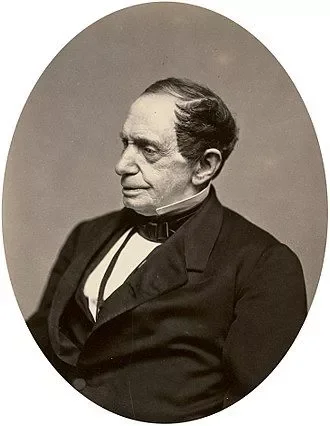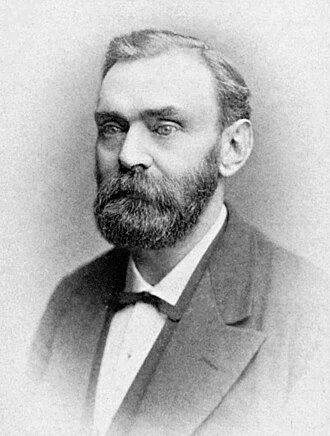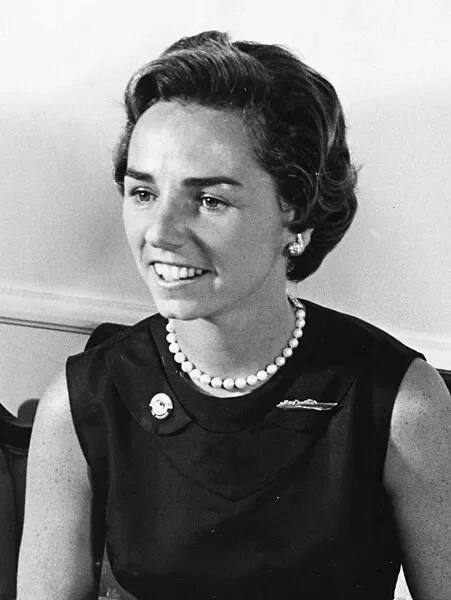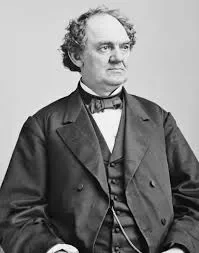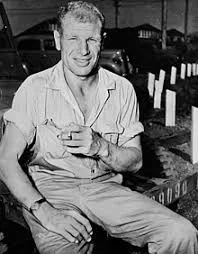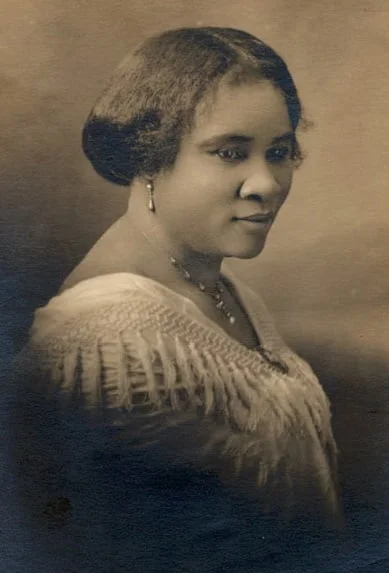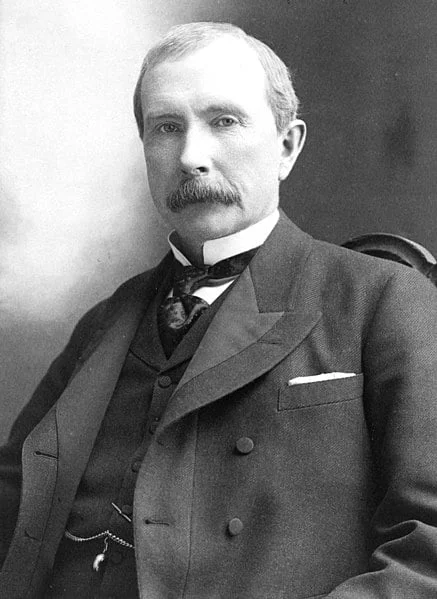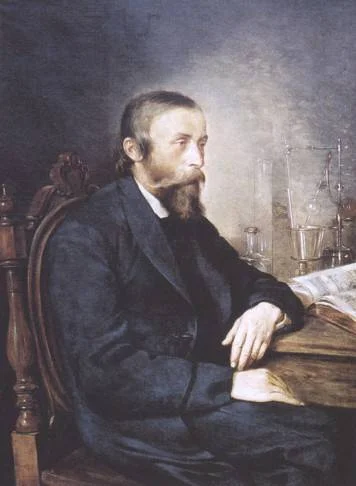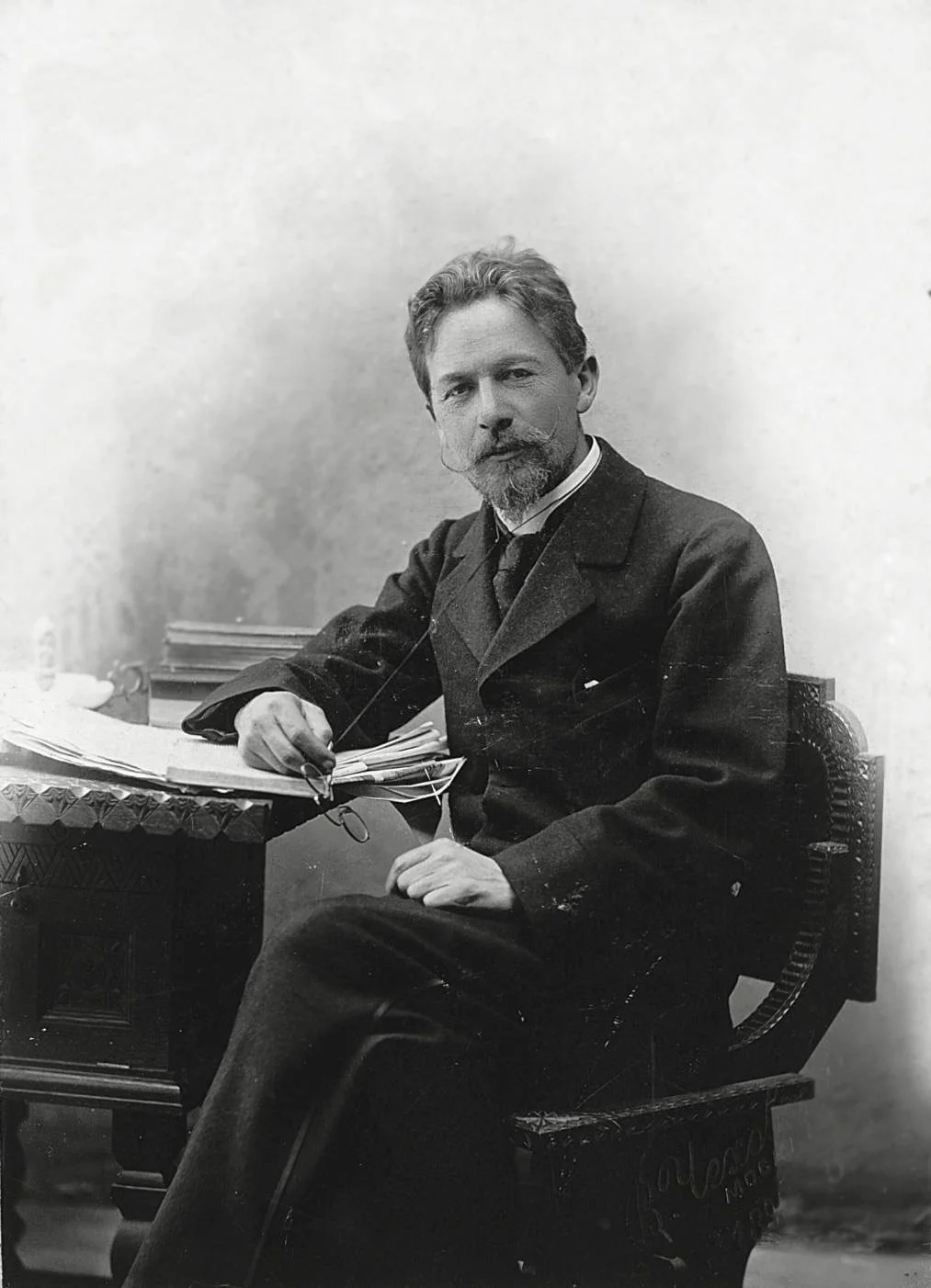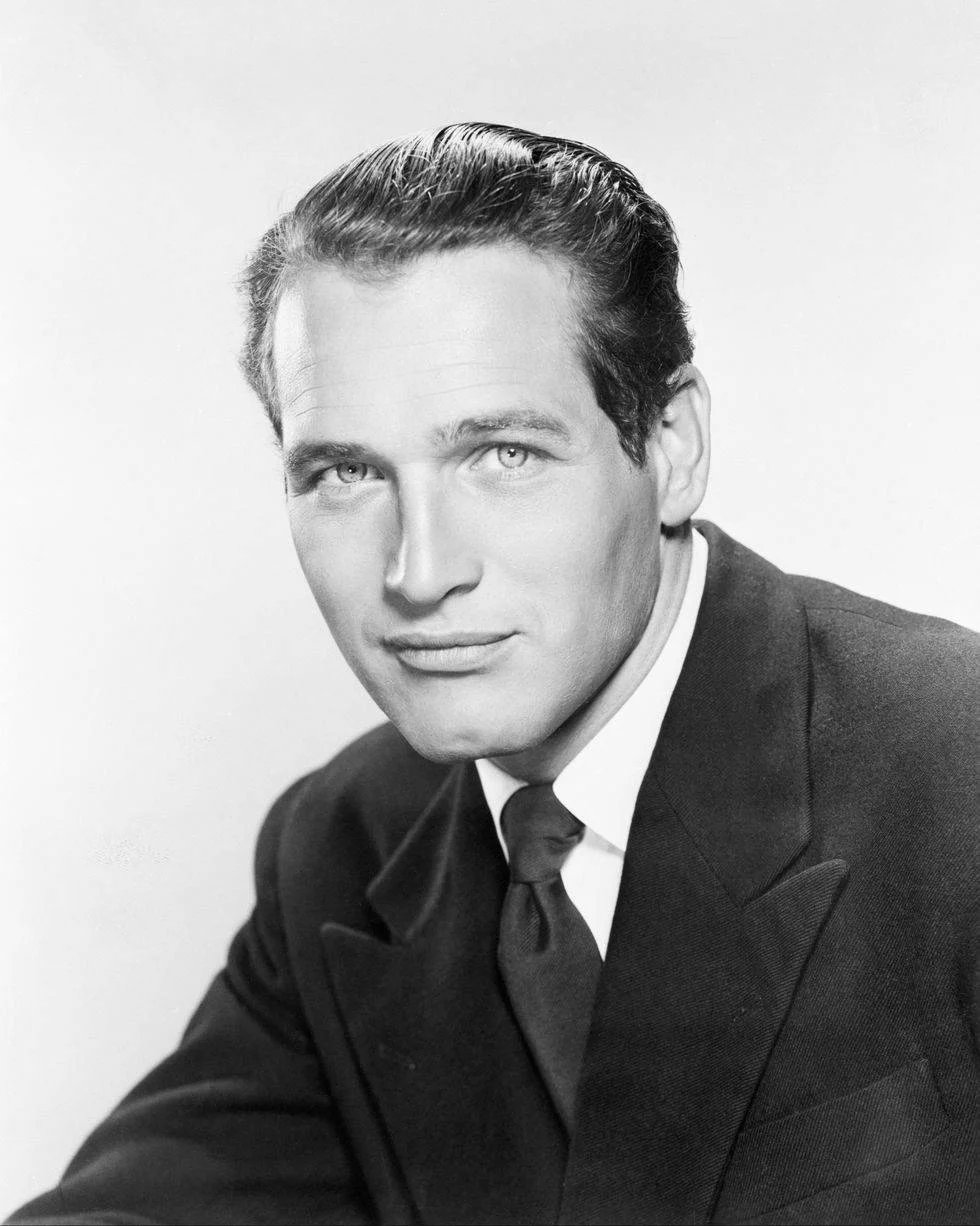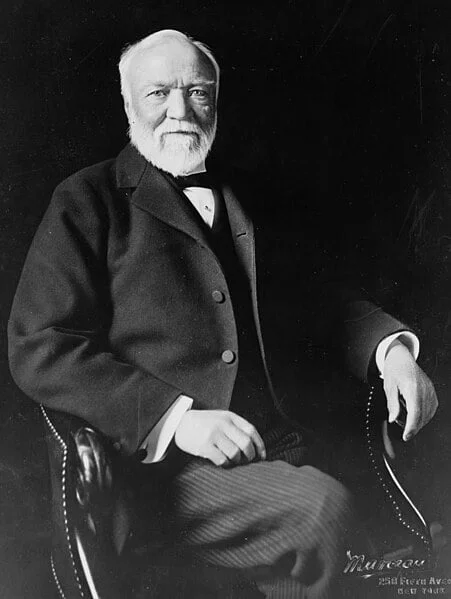Real Celebrities Never Die!
OR
Search For Past Celebrities Whose Birthday You Share
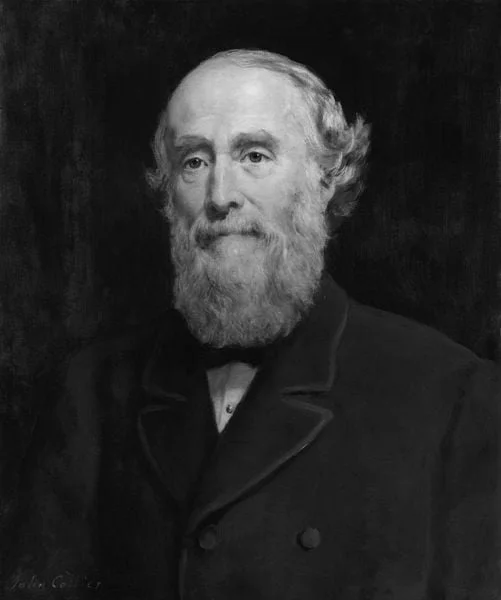
source:wikipedia.org/
George Williams
Birthday:
11 Oct, 1821
Date of Death:
06 Nov, 1905
Cause of death:
Natural causes
Nationality:
British
Famous As:
Business
Age at the time of death:
84
George Williams's Quote's
Early Life and Influences
George Williams, a man of profound impact and philanthropic spirit, was born on October 11, 1821, in the vibrant city of Ashford, Kent, England. Raised in a modest family, his early years were marked by the values of compassion and a sense of social responsibility. These formative experiences would shape his future endeavors and lead him to become a pioneer in the field of social activism.
Religious Conviction and Founding of the YMCA
In his youth, Williams was drawn to the ideals of the Christian faith, finding solace and purpose within its teachings. This religious conviction would serve as a cornerstone for his later commitment to addressing societal issues and fostering positive change. Inspired by the desire to create a supportive community for young men facing the challenges of urban life during the Industrial Revolution, Williams co-founded the Young Men’s Christian Association (YMCA) in 1844.
The YMCA, under Williams’ guidance, quickly evolved into a global movement dedicated to providing spiritual and practical support to young men navigating the tumultuous waters of industrialized society. Williams’ visionary leadership was instrumental in expanding the YMCA’s reach and influence, making it a beacon of hope and empowerment for countless individuals.
Professional Achievements and Social Entrepreneurship
Professionally, George Williams demonstrated a remarkable ability to bridge the gap between philanthropy and business. He recognized the importance of addressing the holistic needs of individuals, combining his commitment to spiritual well-being with practical solutions for social issues. Williams’ strategic approach not only elevated the YMCA’s impact but also set a precedent for future generations of social entrepreneurs.
One of his notable accomplishments was the establishment of YMCA centers worldwide, providing a platform for personal development, community engagement, and physical well-being. Williams’ emphasis on education and character-building within these centers contributed to the growth of a global network that transcended cultural and geographical boundaries.
Commitment to Social Justice and Fair Labor Practices
In addition to his professional achievements, George Williams was known for his unwavering dedication to social justice. He actively campaigned against the dehumanizing effects of the Industrial Revolution, advocating for fair labor practices and improved living conditions for the working class. Williams’ commitment to justice extended beyond rhetoric, as he actively participated in initiatives aimed at creating a more equitable society.
Personal Life and Humility
On a personal level, George Williams was described as a man of humility and integrity. Despite his significant contributions to the social and spiritual landscape, he remained deeply rooted in his values, eschewing personal glory for the greater good. His humility endeared him to those he worked with, fostering a sense of camaraderie within the YMCA and the broader community.
Legacy and Enduring Influence
As the years passed, George Williams continued to inspire change and influence generations. His enduring legacy is evident in the continued impact of the YMCA, which has grown into a global organization dedicated to youth development, healthy living, and social responsibility. Williams’ emphasis on the interconnectedness of physical, mental, and spiritual well-being remains a guiding principle for the YMCA and serves as a model for organizations worldwide.
Name:
George Williams
Popular Name:
George Williams
Gender:
Male
Cause of Death:
Natural causes
Spouse:
Place of Birth:
Dulverton, Somerset, England
Place of Death:
London, England
Occupation / Profession:
Personality Type
Mediator: Poetic, kind and altruistic people, always eager to help a good cause. Williams was known for his compassion, dedication to others, and commitment to creating a nurturing environment.
Despite his significant contributions, George Williams remained humble and focused on the greater good.
George Williams founded the Young Men’s Christian Association (YMCA) in 1844, at the young age of 23.
The first YMCA meeting took place in Williams’ bedroom in London.
The YMCA celebrates Founder’s Day annually on June 6th, commemorating the day when George Williams and his friends founded the organization.
Knighthood in 1894
Stained glass window in the Naveof Westminster Abbey

